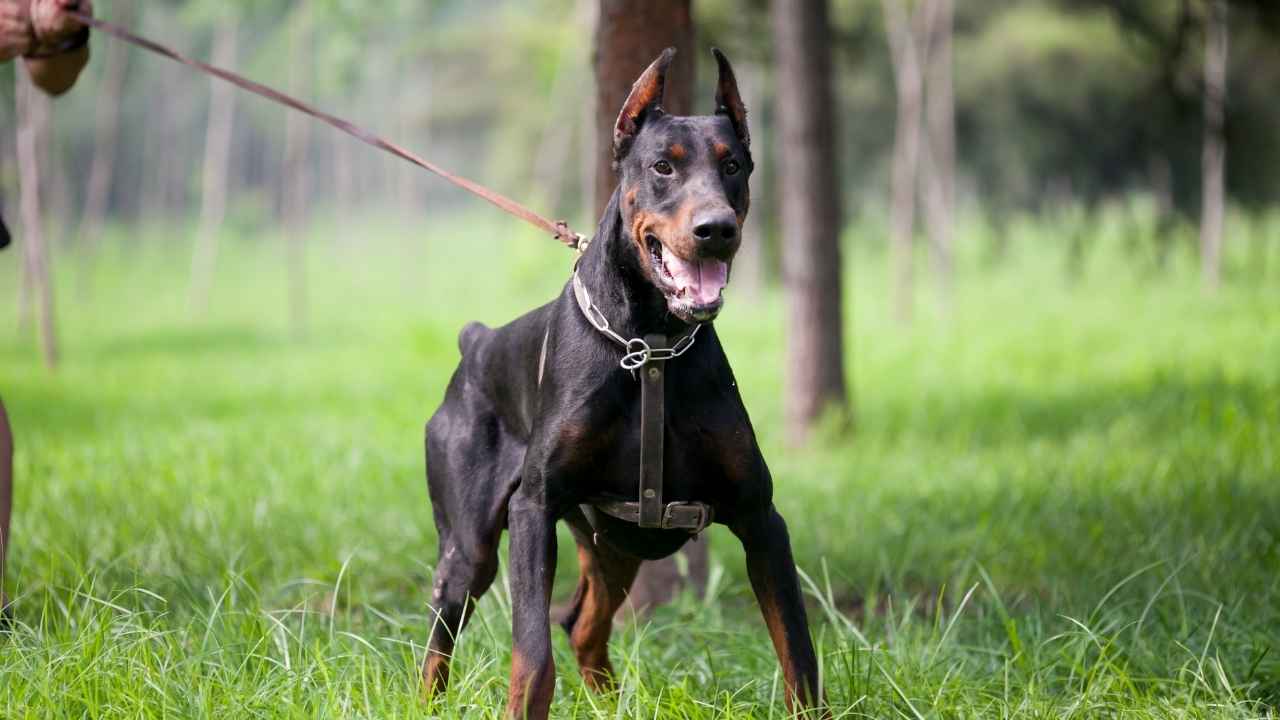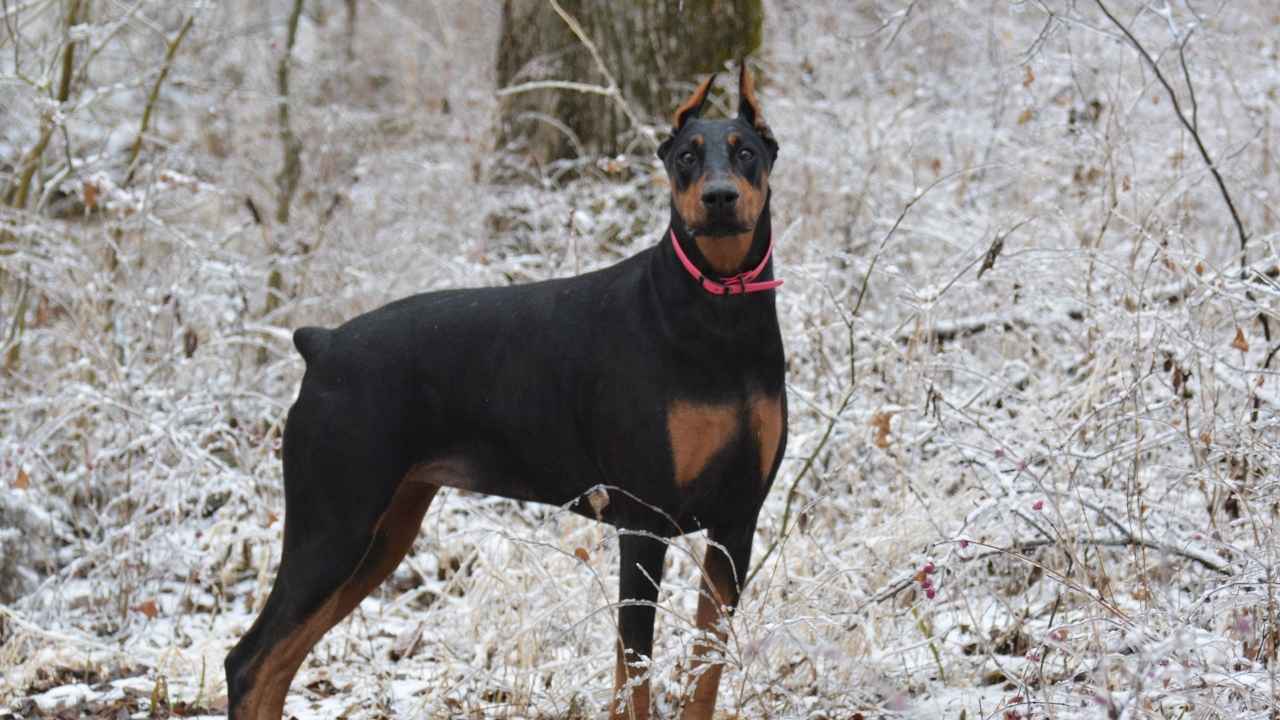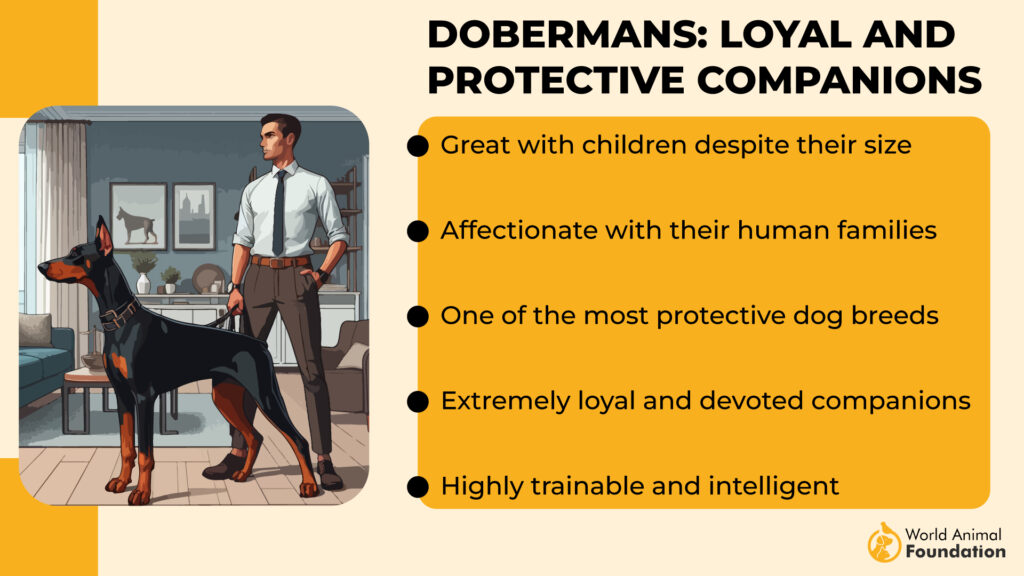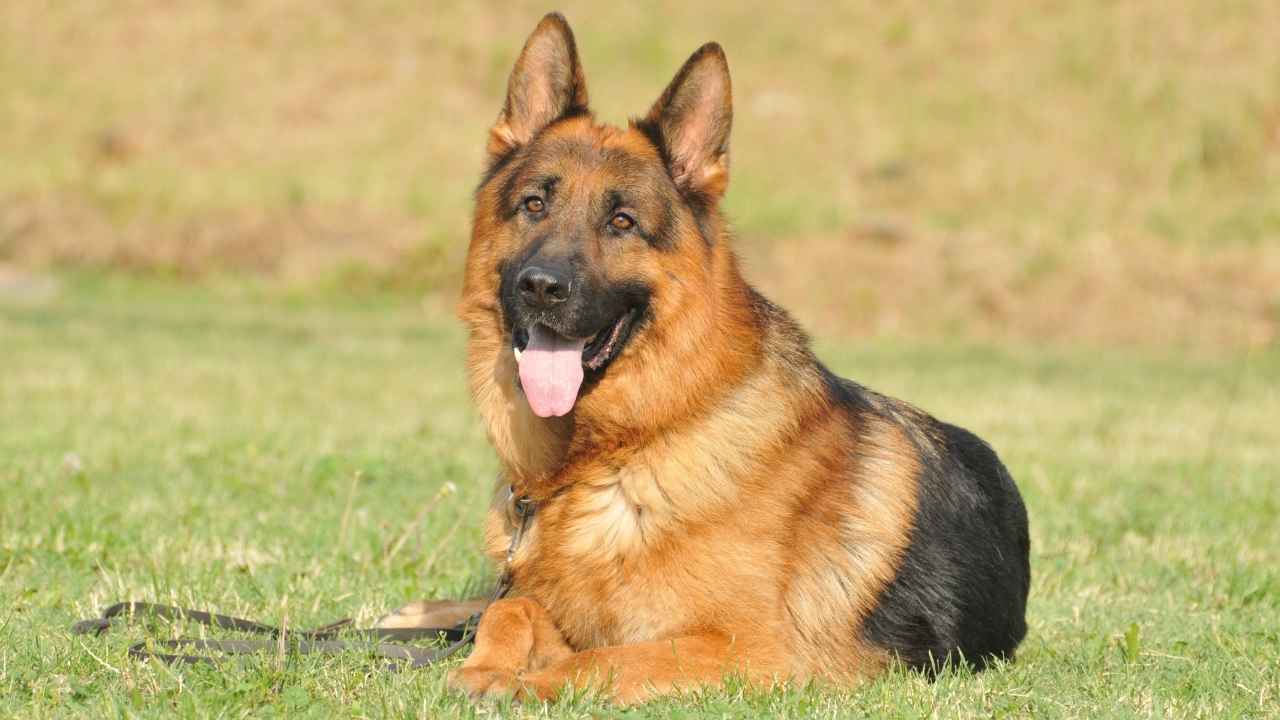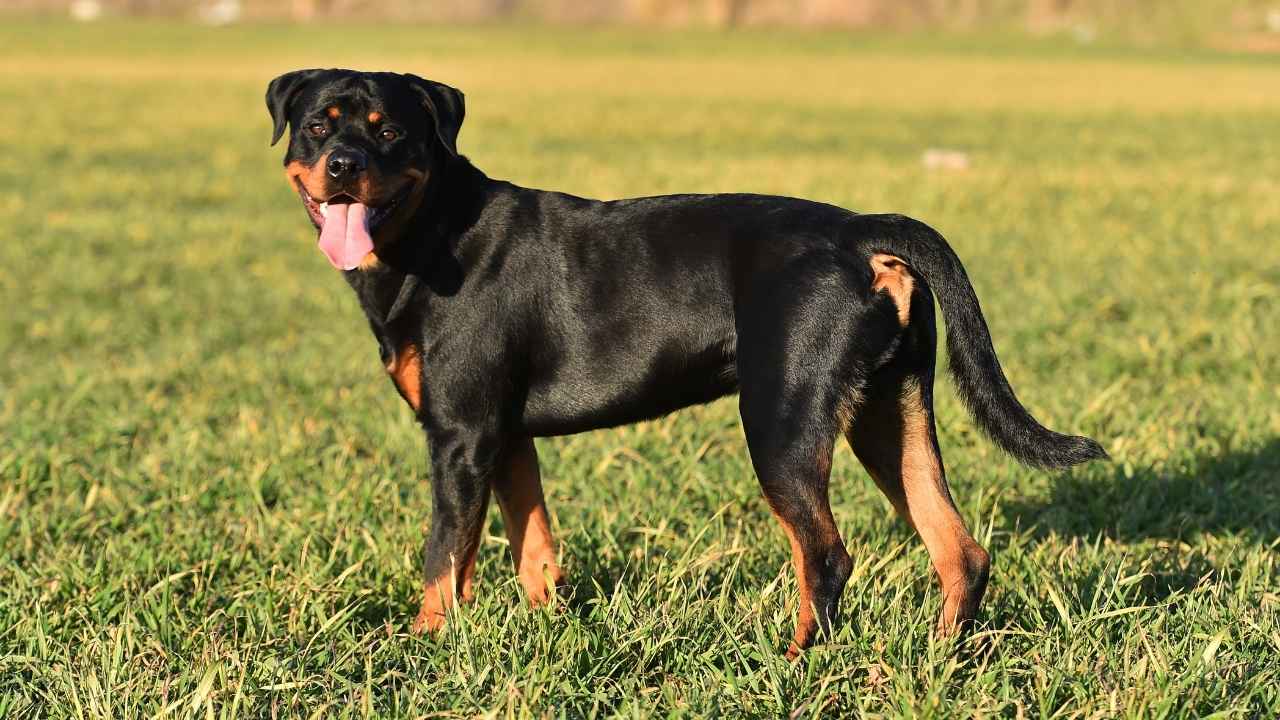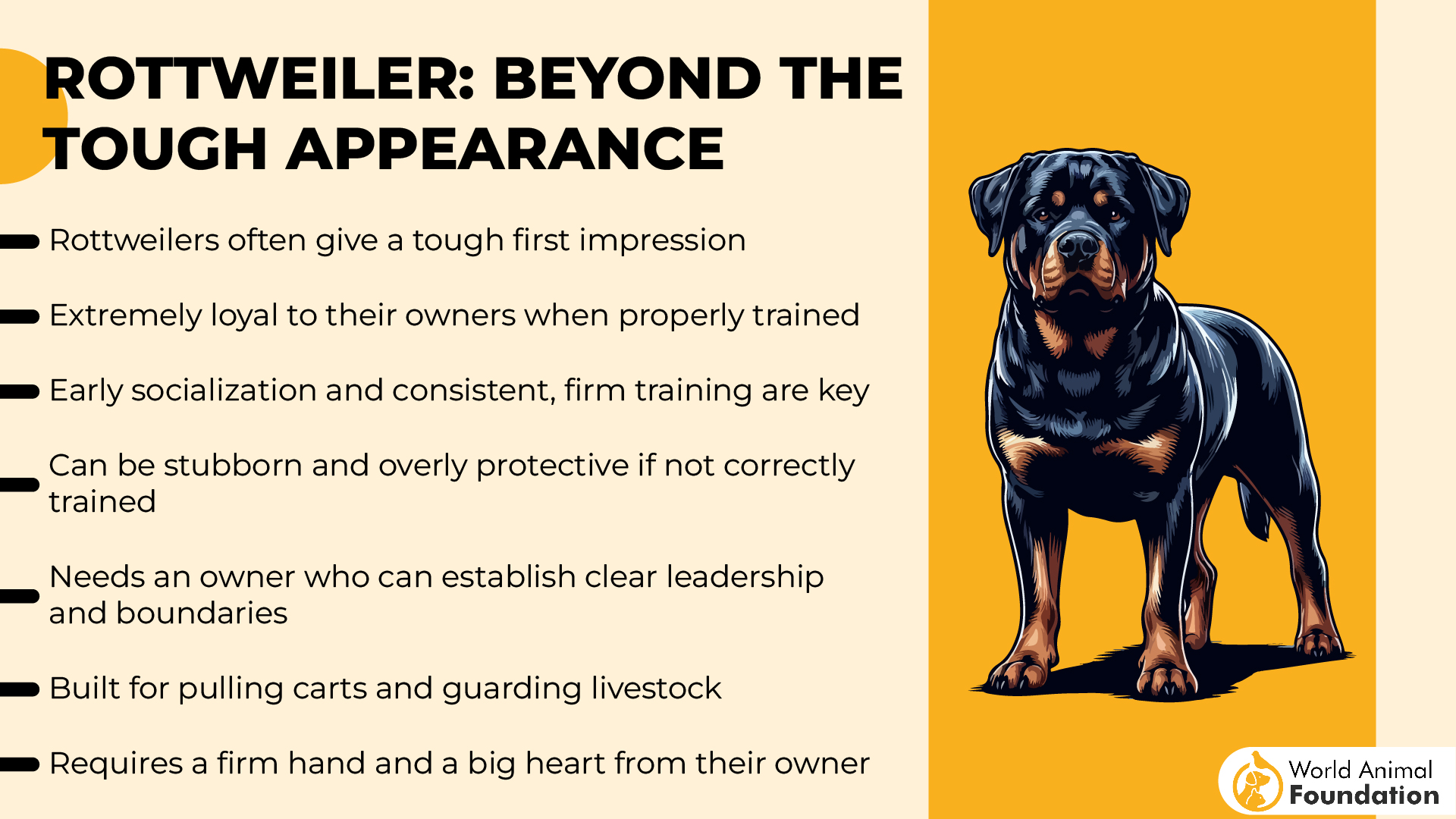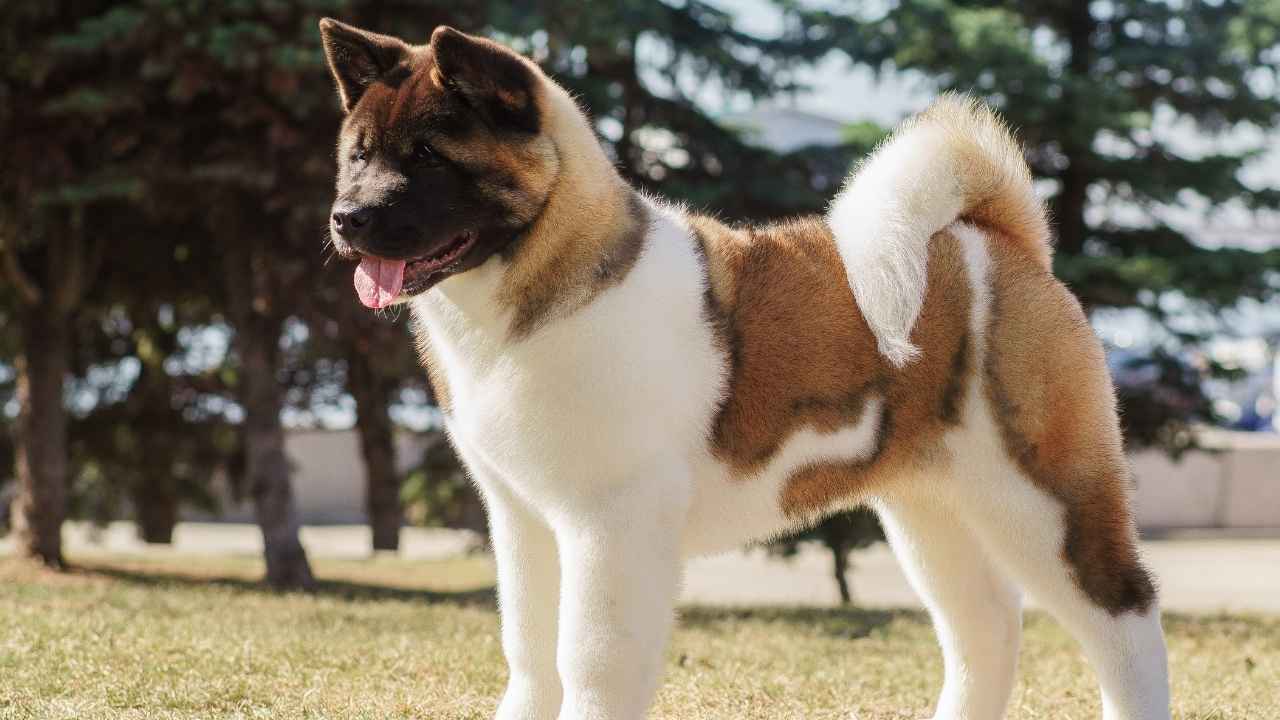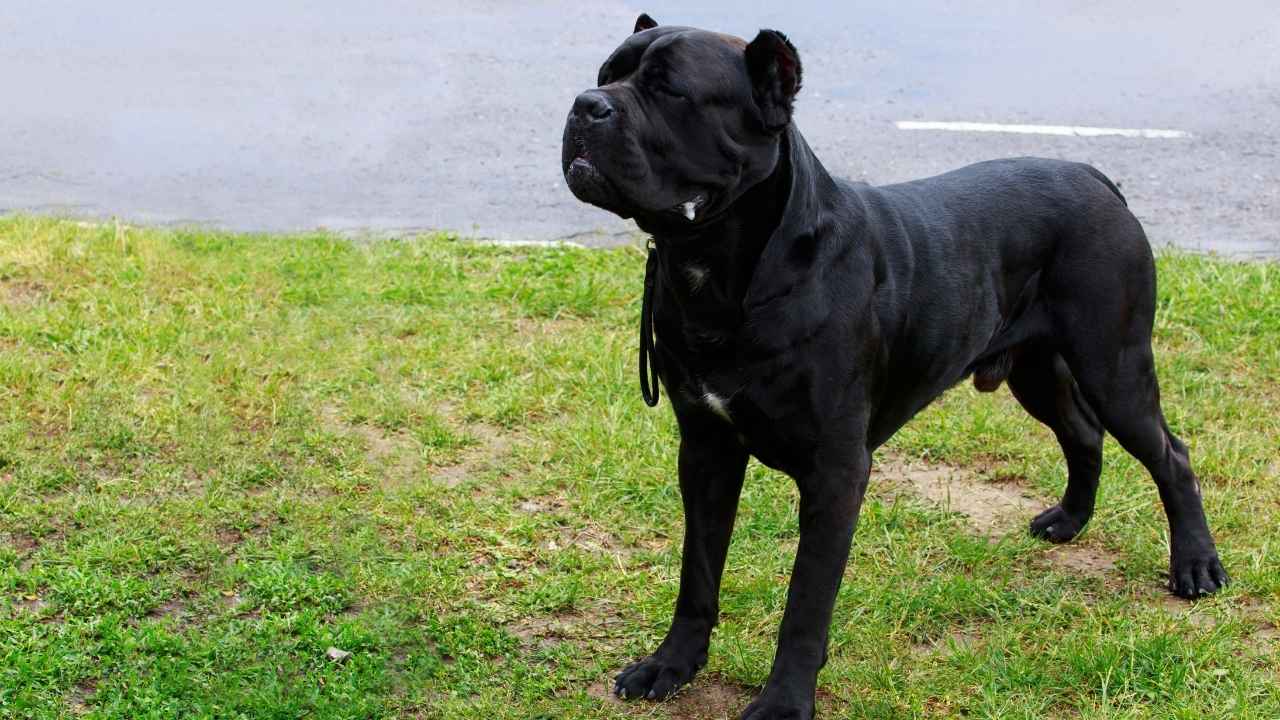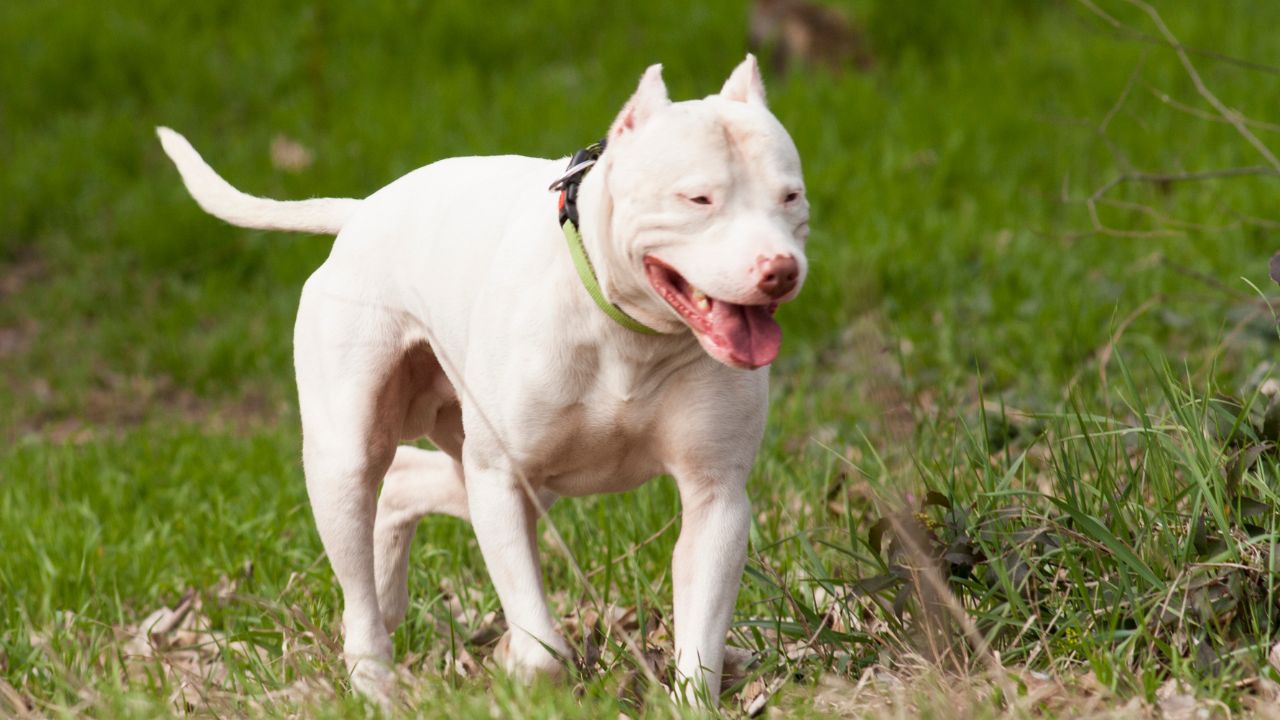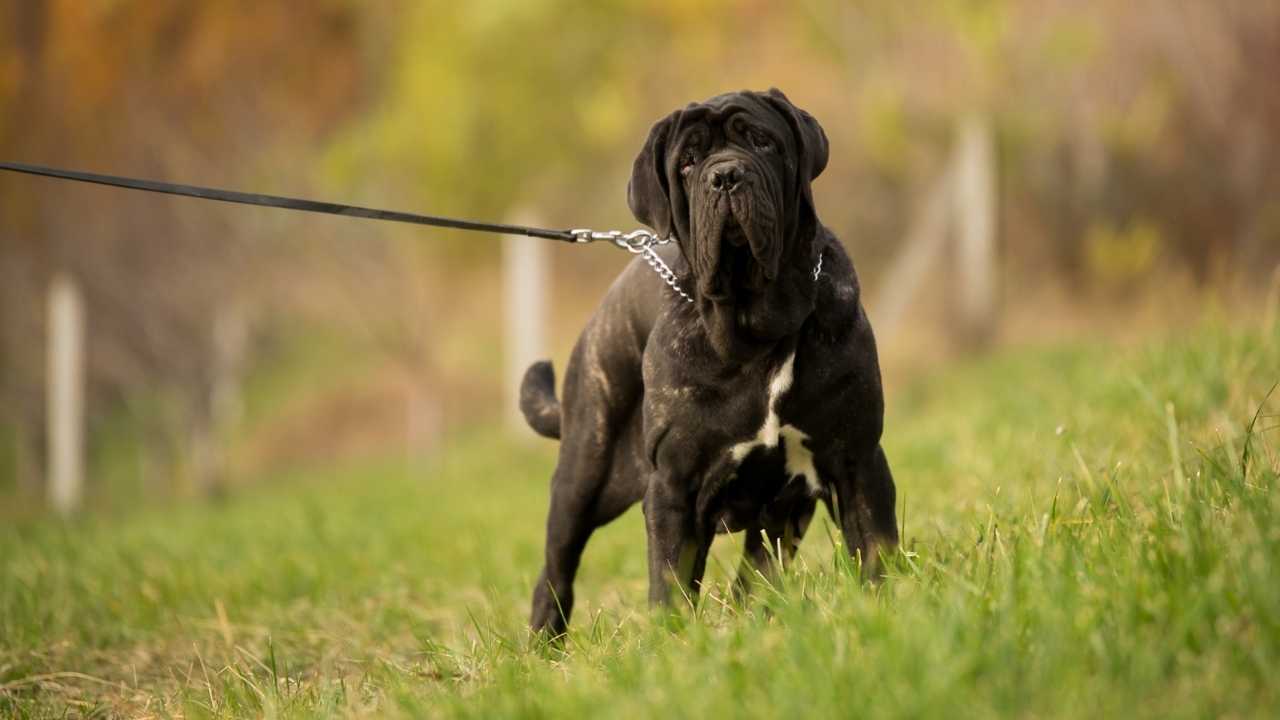Dogs have been companions to humans for thousands of years, each breed showcasing unique traits that cater to various roles and lifestyles. Among them, certain breeds stand out due to their commanding presence and assertive nature, demanding respect and understanding from their human counterparts. These alpha personality dog breeds possess a blend of confidence, intelligence, and loyalty, making them both challenging and rewarding companions. Whether it’s through their protective instincts or their assertive demeanor, these seven alpha breeds not only capture attention but also require dedicated leadership and companionship to truly thrive and shine.
Some dogs are born to lead, not follow. These powerhouse canines aren’t just pets—they’re natural alphas, packing confidence, intelligence, and dominant behavior that sets them apart. If you’re not the pack leader, they will be.
An alpha dog isn’t for the weak-willed. These breeds require structure, discipline, and a strong hand. Without leadership, they’ll assume control, challenging both their owners and other dogs in the house. Most dogs follow commands—these dogs expect to give them.
Historically, many alpha breeds were war dogs, hunters, and guardians, bred for their fearless nature and loyalty. For example, studies show that some of these breeds have a bite force stronger than a wolf’s—designed to take down prey and protect their pack at all costs.
Do you have what it takes to raise an alpha? If you’re ready for the challenge, these dominant dogs will be your most loyal, fearless companions.
7 Alpha Personality Dog Breeds
1. Doberman Pinscher
|
24-28 inches, 60-100 lbs |
Protection, Obedience, Speed |
Germany |
First, let’s talk about power. The Doberman Pinscher is the definition of an alpha dog, built for speed, agility, and intelligence. Originally bred in Germany as a guard dog, this sleek, muscular breed demands respect with its strong bite force and confident presence.
Training is non-negotiable. A Doberman needs firm, pack leader energy from day one. This isn’t your average lap dog—they thrive in structured environments like obedience class, where their intelligence shines. A poorly trained Dobie may develop dominant behavior, so a consistent hand is a must.
Daily workouts are a requirement. Dobermans need a mix of mental stimulation and physical exercise. If you’re not ready for runs at the dog park, structured training, and play, expect an unhappy pup. Without enough activity, these excellent guard dogs can become restless and destructive.
Purina warns that this breed isn’t for the passive dog owner. A Doberman will test limits, naturally assuming an alpha position if given the chance. Early socialization with other dogs, pets, and family members prevents unnecessary aggression. Raised right, they are loyal, affectionate, and ready to protect their pack with unmatched dedication.
2. German Shepherd
|
22-26 inches, 50-90 lbs |
Protection, Herding, Search & Rescue |
Germany |
A German Shepherd isn’t just another dog—it’s a canine genius with an instinct for protection. Originally bred for herding and guarding livestock, they have evolved into some of the world’s best police and military dogs. Their intelligence, loyalty, and dominant behavior make them ideal for high-intensity work.
VCA explains that training is crucial. A beta dog won’t challenge your authority, but a German Shepherd might if you aren’t confident. Commands, structure, and consistent leadership shape a well-behaved alpha dog. This breed needs early socialization with other breeds and other animals to develop a stable temperament.
Exercise is non-negotiable. Shepherds are working dogs, and they need a job—whether that’s training, herding, or advanced agility courses. Without daily activity, they may become destructive or overly protective. Play sessions at the dog park or running alongside their owner keep them mentally sharp.
Owning a German Shepherd is a commitment. They’re loving family pets but require an alpha position in their pack mentality. If raised right, they’re affectionate protectors who bond deeply with their humans. But fail to train them properly, you’ll have a dominant, high-energy dog that runs the house.
3. Rottweiler
|
22-27 inches, 80-135 lbs |
Protection, Herding, Strength |
Germany |
Rottweilers are the ultimate guardians—big, bold, and brimming with confidence. With roots tracing back to Roman cattle herders, they have a natural alpha dog behavior that commands attention. Their bite force is among the strongest of all breeds, making them exceptional guard dogs when properly trained.
This breed demands respect. Unlike omega dogs that shy away from leadership, a Rottweiler thrives with clear rules and an authoritative dog owner. Training from puppyhood is crucial—without it, they may become overly dominant, testing boundaries with other pets and family members.
Exercise and mental work go hand in hand. Rottweilers aren’t lazy house dogs; they need daily activity, from structured playtime to agility exercises. Expect them to be aware of everything, as they’re naturally suspicious of strangers. Socialization with other dogs ensures balanced behavior.
They’re not for the faint of heart. A Rottweiler isn’t just a pet; it’s a responsibility. They love their pack, protect their home, and will never back down from a fight if necessary. However, with patience, training, and strong leadership, they become loving, devoted companions.
4. Akita
|
24-28 inches, 70-130 lbs |
Guarding, Hunting, Loyalty |
Japan |
The Akita is not your typical pack animal—this breed was bred to work alone, making them one of the most independent alpha dogs. Originating in Japan, they were revered as royal guardians and fierce hunters, known for their unwavering loyalty and silent confidence.
Training an Akita is different. Unlike most dogs, they don’t respond well to repetitive drills. They learn fast but need a reason to follow commands. A weak-willed dog owner will struggle, as this breed naturally assumes dominant behavior if not properly guided. Obedience classes are essential from an early age.
WebMD reports that exercise is important, but don’t expect them to be social butterflies. Akitas tend to be aloof with other dogs and may see other animals as prey. Early socialization helps, but their guarding instincts remain strong. They need a firm owner who understands their pack mentality.
They’re not a breed for everyone. If you want an overly friendly lap dog, look elsewhere. However, if you respect their independence, train with consistency, and embrace their silent strength, the Akita will be your most devoted and fearless companion.
5. Cane Corso
|
23-28 inches, 85-120 lbs |
Protection, Guarding, Strength |
Italy |
The Cane Corso is the embodiment of raw power and loyalty. Originally bred in Italy as a guardian and hunter, this dominant dog carries itself with confidence. It’s not just about muscle—this breed is highly intelligent and thrives when given a purpose. Their strong pack mentality makes them fearless protectors, but they need an experienced dog owner to guide them.
Training is everything. Unlike a beta dog, a Cane Corso won’t naturally submit to commands unless their owner establishes leadership. Early training and obedience classes are crucial. A firm but loving approach is needed to prevent overly dominant behavior, especially in a male Corso.
Exercise and discipline go hand in hand. These dogs need space and structure—daily mental and physical challenges keep them balanced. They aren’t a breed that lounges around all day, and they don’t always get along with multiple dogs. Without proper outlets, their energy can turn destructive.
Despite their tough exterior, they have a soft spot for their family members. Cane Corsos bond deeply with their pack, but they’re naturally wary of strangers. With early socialization, they can coexist with children and even a cat if raised together. However, they won’t hesitate to defend their home if they sense danger at the door.
6. Dogo Argentino
|
24-27 inches, 80-100 lbs |
Hunting, Guarding, Agility |
Argentina |
Few dogs match the Dogo Argentino in courage. Originally bred for big-game hunting, this alpha dog was designed to take on wild boar and pumas. Their fearlessness and protective instincts make them ideal dogs for experienced handlers, but they are not for everyone.
Royal Canin mentions that training a Dogo requires consistency. This isn’t a breed for a passive dog owner—they need discipline, structure, and a clear pack leader. Without it, they can become overprotective, showing dominant behavior towards other dogs and strangers. Early obedience class and socialization are non-negotiable.
Exercise is crucial for this powerhouse. Dogos need daily runs, advanced training, and mental stimulation to stay balanced. If you’re looking for a dog to laze around, think again. Their natural drive means they excel at tasks and thrive in active households, not in small apartments with little space to roam.
Despite their tough reputation, they can be affectionate family members. If raised correctly, they are loyal, loving, and even gentle with children. However, their high prey drive means caution is needed around a cat or other animals. Proper training ensures they understand their role in the pack.
7. Neapolitan Mastiff
|
24-31 inches, 110-150 lbs |
Guarding, Protection, Loyalty |
Italy |
The Neapolitan Mastiff is a living fortress, with its enormous size and signature loose, wrinkled skin. This dominant dog has been a guardian breed for centuries, originally bred in Italy to protect estates and ward off intruders. With its serious expression and powerful build, it’s a true alpha dog when it comes to defense.
AKC advises that training must start early. While a puppy Neapolitan might seem clumsy and goofy, they grow into one of the most formidable guardians. They require a strong pack leader who understands dominant behavior. Without structure, they may develop guarding instincts that become over-the-top, making socialization with other dogs and people essential.
Exercise needs are lower than other alpha dog breeds, but their size demands space. They enjoy short bursts of activity followed by long periods of rest. Due to their sheer mass, careful attention must be given to their food intake and exercise routine to prevent joint issues. Eating the right diet is key to their health.
Despite their intimidating presence, Neapolitan Mastiffs are affectionate with their family members. They are gentle with children and form deep bonds with their owners. However, their protective nature means they may not always be friendly towards strangers or smaller animals like cats. With proper training, they become loving guardians who will defend their pack at all costs.
Conclusion
Owning an alpha dog is about understanding their breed traits and providing the right structure. These dogs aren’t for the faint of heart—they need a confident owner who can handle training, socialization, and leadership. Without proper guidance, they can develop dominance issues, making them tough to manage.
While larger breeds like the Cane Corso and Rottweiler are well-known for their strong-willed nature, even slightly smaller alpha dogs like the Miniature Pinscher or Basenji demand firm training. Their independent traits and high energy levels require consistent mental and physical challenges.
Some alpha dogs, like the Alaskan Malamute, have a bark that echoes their wolf ancestry, while others, such as the Doberman, thrive when on a leash beside their owner. Female alpha dogs can be just as strong-willed as males, showing loyalty but never being scared to take charge.
Whether you prefer a toy breed with a bold spirit, like the Yorkshire Terrier, or a working powerhouse like the Belgian Malinois, the key is respect and structure. Offer training, the right treat, and a lifetime of guidance, and your alpha dog will be more than a pet—it’ll be your best friend. Which breed is your top pick? Let us know in the comments!
In conclusion, the seven alpha personality dog breeds exemplify traits of leadership, confidence, and assertiveness, often requiring experienced handlers who can command mutual respect. These breeds, known for their strong-willed nature, are typically intelligent and loyal, making them excellent companions for those who understand their need for structured training and clear boundaries. By acknowledging and nurturing their alpha qualities responsibly, owners can enjoy a harmonious relationship that enhances the dog’s natural abilities while ensuring a balanced household dynamic. Recognizing the unique needs of these breeds is crucial to fostering an environment where both the dog and owner thrive.

